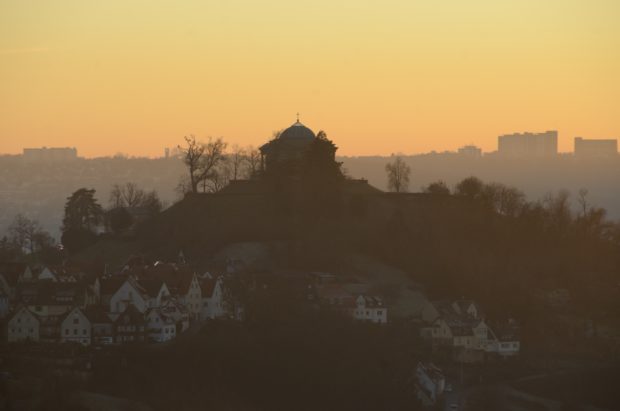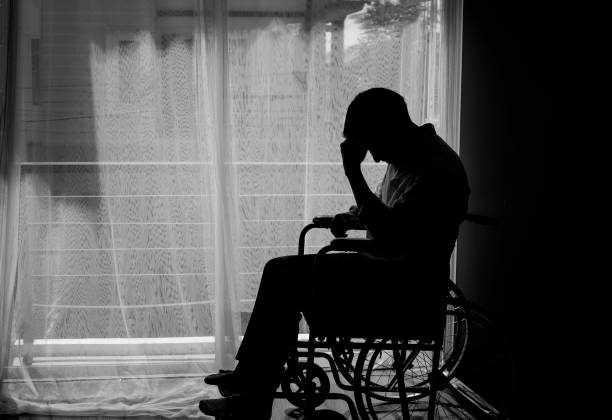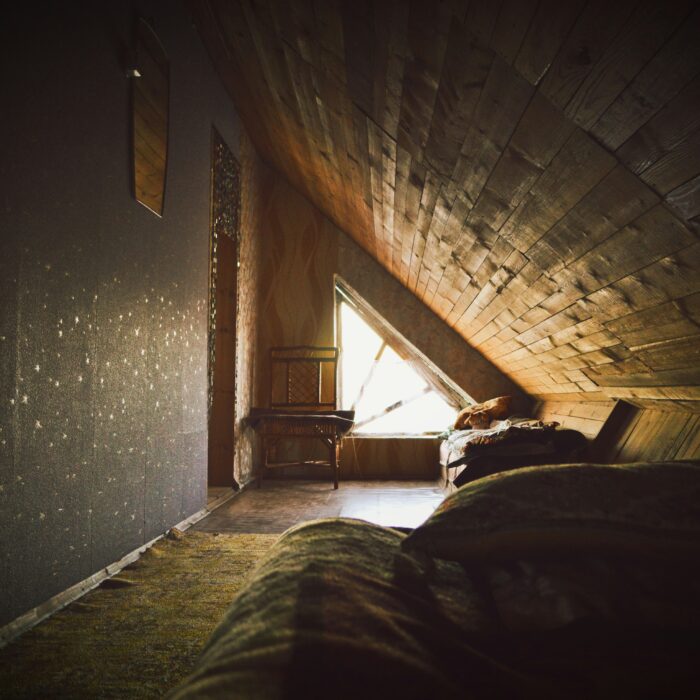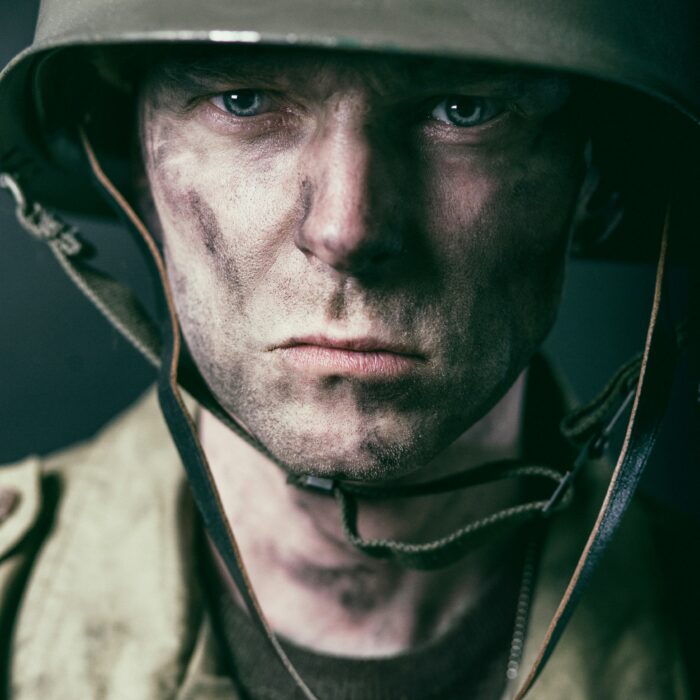You have no items in your cart. Want to get some nice things?
Go shopping
Mesha descended the stairs, careful not to slip on the hardwood. In his jetlagged daze he could feel the mystical silence of the morning sunshine flooding the empty house through the large windows of the living room and the kitchen. He didn’t know where to start. It was almost noon; he’d slept through most of the morning. That hadn’t happened in years. Back in the States he’d be up by seven, checking on his daughter, Yana – if she was ready for school, or for swimming practice, or just to reassure himself she was there, blissfully snoozing in her bed and ignoring his calls to get up. He’d read somewhere that teenagers required more sleep. What about teenagers raised without a mother?
Yana was gone, as were his parents and Aunt Ferida. On the kitchen counter his aunt had left everything ready for him to make coffee and eat breakfast. He decided to start there, to sip hot coffee and enjoy the silence. “Silence,” Mesha said in English. The syllables poured along his tongue, soothing and liquid, not unlike those of “tishina”, soft and satisfying. How about a quiet beginning to the day after a long trip across the Atlantic, in this empty house that still felt alive in its quietude?
The house belonged to Uncle Suleiman and Aunt Ferida. Like Mesha and his parents, Suleiman and Ferida had left their home during the war. After six years in Stuttgart, however, Uncle Suleiman couldn’t wait to return. He’d resurrected his home with his presence, then four years later, he’d perished in the peace of a swift death caused by a heart attack.
When Uncle Suleiman passed away, Mesha’s father said, “I begged him to come with me to America. He wouldn’t. He said there’s only one way to leave home for good, and it’s the proper way.”
Mesha and his parents did everything to get as far away as they could, resettling in Idaho. Yana was a toddler back then. After thirteen years away, Yana convinced him that time had come to visit their old home. When on her fourteenth birthday he found out about her plans, he was both infuriated and frightened at the same time. He felt his world melting again. But he knew that once Yana decided on something, she wouldn’t let go. In that respect, she was like her mother, Milena. She sat quietly next to Mesha as he bellowed, “No way! What do you know about Bosnia? You’re just a child.”
“I don’t know anything about it,” Yana replied after Mesha’s anger fizzled out. “That’s why I want to go. And I want you to take me there.”
Unlike her typical outbursts of anger or the silent treatments, she spoke calmly. She took Mesha’s hand and said, “I want to meet Mama.”
That instant, he finally grasped that Yana had been tortured by their past. He’d been busy fighting his own anxieties, magnified by his displacement and the old ghosts that never left him alone. It hadn’t occurred to him before that Yana had followed him this whole time.
If Uncle Suleiman’s death was a proper way to leave home, would it mean that Milena might’ve been lucky? She had died at home with her family next to her. He and Yana were left behind to miss her for the rest of their lives, unable to find a proper way to escape their past.
Mesha felt an urge to get out of the house. There must be something out there, waiting for him. After all, this was his hometown. Wasn’t he supposed to know people here? Shouldn’t he just walk outside and greet his old friends? Or at least politely nod at the familiar faces. Would he run outside to the park and play basketball with Nenad and Emir? Would he rush across town to meet Milena at the bus station? In summer, she’d get on the bus in Prijedor and arrive in Dubica an hour later. They’d eat something first or get ice cream and then meet up with their friends at the bar.
On one of her visits, Milena had dropped her cone on the ground. He’d run back to the café and brought her another one. Drawing the bright strands of her hair aside and prodding her eyeglasses farther up her nose, she plowed into the ice cream with pursed lips, closed her eyes for a moment, then fluttered her long eyelashes. She calmly looked him in the eye and said, “It doesn’t taste the same.”
He assured her he’d got her the same flavor – vanilla and hazelnut chocolate. Milena glared at it idly. “Somehow, the flavors don’t mix. Perhaps some things are never the same,” she said. She shrugged as if stating the obvious. Then she continued eating and with a full mouth said, “Thanks for getting me another ice cream. So sweet of you. Romantic.” She laughed. When he blushed, she pursed her lips again and kissed him on the cheek as he swung away from her, embarrassed and annoyed.
On his way out, Mesha noticed an old postcard from Zadar, leaned against an empty red vase on the top shelf of the cabinet in the vestibule. Among her slippers and sweaters, his aunt kept miscellaneous items in the cabinet’s shelves and drawers – keys, screwdrivers, scissors, envelopes. The postcard was from one of their trips to the coast in the early ’80s, no writing on it. He traced its creases with his finger. Like Uncle Suleiman and Aunt Ferida and the rest of the Yugoslavs, Mesha and his parents spent their summer vacations in Dalmatia. It was a different country, a different time then.
Mesha padded through the dark hallway towards the yellow light trapped in the obscure glass in the entrance door. He slipped into his Nikes and started out toward the main street. Cars were rolling through the narrow roads, squeezing between parked vehicles on sidewalks. Pedestrians were jaywalking, ignoring the honks coming from behind. The trees perked up in the sunshine. The smell of the freshly mowed lawn in the park nearby roused his nostrils and, for a fleeting moment, a swarm of pictures from his past buzzed through his head: long walks home from school, waiting for his high-school sweetheart, tireless pickup basketball games, Milena in his embrace on the park bench, then flags, uniforms, war, throngs of people leaving every week on the UN bus parked in the front.
He continued down the main street and noticed a crowd of people strolling off in different directions – some halting every few steps to window-shop, some sitting on the benches and talking, and some standing next to them, gawking and participating in discussions. For a moment, he expected Milena to appear among the crowd and run up to him. She pronated slightly when she ran. He pictured her lopsided stride, her fierce green eyes fixed on his, her smile bright. Nonsense. Milena had been dead for thirteen years now. Who would’ve thought back then that cancers killed mothers and wives while everyone else seemed to be dying from bullets? Who would’ve thought any such death possible back then? Now he would, and so would Yana.
A woman scurried past Mesha to catch up with her daughter. The child had run up to a tall man in a police uniform. Mesha instinctively turned away and froze in place. He searched for the closest corner. His eyes darted around, scrutinizing every face before finally calming down and resting on an imaginary point several blocks away, where the crowd seeped in and out of an alley, leading to what used to be piazza – the outdoor market.
He spotted Yana, his mother and his aunt walking towards him, away from the piazza. They carried two burlap bags full of buttery-yellow peppers, heirloom tomatoes, and cucumbers. He’d caught the scent of the bags’ contents before he was close enough to fully immerse himself in the aroma of the piazza. It would make him hunger for real vegetables and fruits, for cheese and kajmak – the sweet and tangy cream that no Bosnian could live without. He’d learned to appreciate the good old piazzaafter eating the tasteless, scentless produce from the supermarkets in America. Yana carried the bags. She hauled them with zest, shaking them excitedly. Her face lit up when she saw him.
“Look what I’ve got!” cried Yana, delighted by her first experience shopping at the piazza. “All these veggies, look … and this fresh butter and cheese. You should’ve seen Nana and Tetka haggling over the price.”
Mesha never could’ve imagined his teenage daughter getting so excited over vegetables and fruits. It occurred to him that ever since they’d embarked on this trip, everything about it mattered to Yana, every little experience, as if she had decided this journey was a way to reach into the past and find her mother in everything she touched.
“Will you cook something delicious for supper?” he said.
“No. These two chefs have already planned on dolma.” She pointed at Grandma and Aunt Ferida. “Way over my head and patience.”
“Why didn’t you wake me up?” Mesha gave his daughter a scornful look.
“You were sleeping like a baby,” Aunt Ferida said.
“Did you eat anything?” Hanka asked. His mother always made sure her family was fed.
“No. I had coffee. Wasn’t hungry.”
“Nonsense.” Aunt Ferida shook her head. “You need to eat to regain your strength. You looked terrible last night. It must’ve been the long journey. Now, no need to hurry or worry. You’re home.”
“I’ll eat all right … later. Where’s Stari?” Mesha wondered about his father. He expected to see him shopping already – hunting for hidden treasures at the market was his specialty.
“We saw him with Marko in front of the post office,” his mother said. “Remember Marko, your dad’s old friend?”
“Is Marko still alive?” Mesha was surprised by his own question. His father was alive, so why wouldn’t Marko be? Only because he hadn’t seen Marko in years and had forgotten that he existed, there was no reason for Mesha to suppose that Marko was dead. People lived and died in this little town on the border of nowhere, between Bosnia and Croatia, as they did anywhere else in the world. He shouldn’t expect that everyone he’d once known here was gone from the face of the earth, or was roaming the world in search of something lost in the war thirteen years earlier.
His family continued on their way. This morning Yana had met the next-door neighbor’s daughter, Tatiana. They’d hit it off at once, and Yana wanted to go over to Tatiana’s apartment to “hang out.” What did “hanging out” among fourteen-year-olds look like here? And now? Was it the same as with her American friends? Or was it an entirely new experience for Yana, as much as for himself? Mesha’s eyes followed his daughter, who’d already vanished around the corner.
*
After aimlessly wandering around downtown, Mesha sat outside of a small, narrow cafe with only four round bistro tables on the patio, a crowded bar, and three more cramped booths inside. He had the view of the main square and the old department store, now a supermarket. Mesha noticed a group of men at the corner table, watching a soccer game. They’d brought the TV set outside. Two of them glanced at him and returned to their game.
A scrawny young man with a stud sparkling in his ear came to his table. Mesha ordered a cup of espresso and a small bottle of sparkling water, then leaned back and watched the people walking by. Every other man or woman was in Armani or Prada. Their jewelry was bold, reflecting the sunlight like mirrors; their fifty-euro haircuts were impeccable, somewhat unbecoming.They spoke German or Swedish when they talked to their children. The other half, however, looked as if they weren’t in a hurry to leave the ’90s. Their hair was either crew cut, combed sideways, or permed; their jeans whitewashed and baggy. The way they walked was the same, unhurried and adrift.
The former half were the returnees. These people had once left like he had. They came back every summer on vacation to display their success in Western Europe, America, or Australia – to prove that they were indestructible. But in the process, they’d lost a part of themselves. Their flashy clothes, their Mercedes or BMWs, their performance was nothing but the byproduct of their quest to prove their endurance to the people who once upon a time had terrorized them and deprived them of their homes.
Mesha still wore jeans and a simple black t-shirt, as he’d done most of his life. It was obvious. He was the same, but somehow different. He’d replaced his blue Converse with beige, throwback Nikes. His Levi’s were dark blue and elegant. He wore a baseball cap. If Milena could see him, she’d laugh. All these years living abroad and she’d have no trouble recognizing him.
The waiter was quick. He was friendly but cautious. He was quiet at first, then he spoke up after bringing out the order. He poured the fizzy water into a slender glass, filling it halfway.
“Visiting?” He raised his dark brows.
“Visiting?” Mesha mumbled. As usual, when ambushed with an unexpected question, he just echoed it.
“You know what I mean.” The waiter smiled. “People visit every summer andleave again.”
“Oh, yes. Visiting.” Mesha replied, still dazed by the waiter’s words.
The waiter lightened up and offered him a sincere smile, “Welcome! Enjoy your stay. Not much excitement nowadays, but you can have some fun here and there.”
As the waiter walked away, it dawned on Mesha that he had been introduced to his own hometown. This, however, didn’t bother him much. What troubled him more was the fact that he was welcomed as long as he wasn’t going to stay, as long as he continued playing the role of a visitor. He stiffened his lips, pressed his tongue against his teeth: “Posijeta.” The sounds clogged his mouth, his throat dry, his tongue sandy. It sounded alien but rather liberating.
The waiter skipped to the table in the corner to take the order from the four men. Mesha heard one of them asking for another round of beer. Then the man lowered his voice, muttering something to the waiter. Mesha leaned slightly towards their table, straining his ear. The waiter muttered back. This time Mesha heard them. The man repeated in a monotone, “Stranac.”
They called him a foreigner? Mesha was suddenly plunged into the inferno of this word. Even without the attitude, the sheer definition of the word tore a hole in him. But what really hurt him was the possibility that it might be true. He hadn’t even wanted to come here. If it weren’t for Yana and his parents, who still saw this place as their home, he might’ve stayed away and completed his transformation into a foreigner. For a moment, he contemplated ordering a shot of rakija to shake off reality, but instead, he let that thought linger a little in his mind only to evaporate in the accumulating weightlessness of the summer afternoon.
The trees surrounding the square in front of him cast shadows over the people sitting on benches. They’d been planted a few years before the war. They were just saplings back then. At the time, these trees had meant nothing more than a long-overdue urban renewal project. The buildings had been renovated and painted in vibrant colors, the main street rebuilt as a pedestrian-only zone. There’d been life coming to this town at the end of the ’80s. Like him, these trees might’ve witnessed the demise of their home a few years later – neighbors turning on each other, friends not talking, the police and military harassing the citizens, beating them, murdering those who resisted. If they had witnessed it, did they also lose any hope for this town and its people? Had they ever since ached for the power to rip out their roots and leave? And if they’d been granted their wish, would they have made peace with it?
Glued to his chair, Mesha felt the same discomfort he’d experienced the last time he was here, during the war. He sensed stabbing looks on his back – the rusted daggers flying towards him through time. Cold sweat dripped down his neck. He turned around and met the eyes of the four men sitting behind him. One of them looked very familiar, his name on the tip of his tongue. He looked much older and heavier, but those blue eyes against his dark hair – still shallow and cold – Mesha knew those eyes. The men appeared to be trying to recognize him but failing at their task. But then he couldn’t recall either why he knew one of them. Or, perhaps, something was preventing him – something buried deep inside him.
He became aware he was sat between two worlds that had diverged but never fully separated – forever caught in their new reality. These two sides: one sitting in front of their everyday café, sipping on a cup of espresso or beer – and the other – who had traveled thousands of kilometers to parade their successful transformation. These two extremities were still at war, and Mesha was sitting right between them in the no man’s land. If he stood up, would they catch him in the act? He’d ruin their odd balance. If he stayed in place, he’d become part of their eternal agony. He felt tingling in his toes and fingers, unable to move.
Mesha stayed motionless for a while. He ordered a shot of rakija and another cup of coffee. The following hour or so he stared ahead in a dreamlike state, sweating and shifting between the pictures in his head and those in front of him. The sun moved and the shade with it. Soon, he was covered in deep shadow summoned by the brick walls of the structure behind him. He laid cash on the table and took in the men in front of the café, consumed by the game on the TV screen. His gaze forged ahead, beyond them, plowing through the crowd on the main street. “Asmir! Komm zurick! Sofort!” He heard someone scolding her child in German. He stood up and snuck out through the empty back alley, between a shopping center and an apartment building. He felt throbbing in his toes as he had thirteen years before.

Edvin Subasic
Edvin Subašić was born and raised in Bosnia-Herzegovina. At the age of 21, he immigrated to the US in 1997 as a war refugee and learned English. He is the recipient of the 2018 Redivider Beacon Street Prize in Fiction and The Florida Review 2019 Meek Award. His work has appeared in McSweeney’s Quarterly Concern, Redivider, The Florida Review: Aquifer, B O D Y Literature in Prague, Out-of-Stock, and The Cabin: “Writers in the Attic” anthologies. Forthcoming publication in The Blue Nib, Vestal Review, and Miletus International Literature Magazine. Edvin teaches English as a Second Language at Boise State University, where he also studies fiction in the MFA program.




